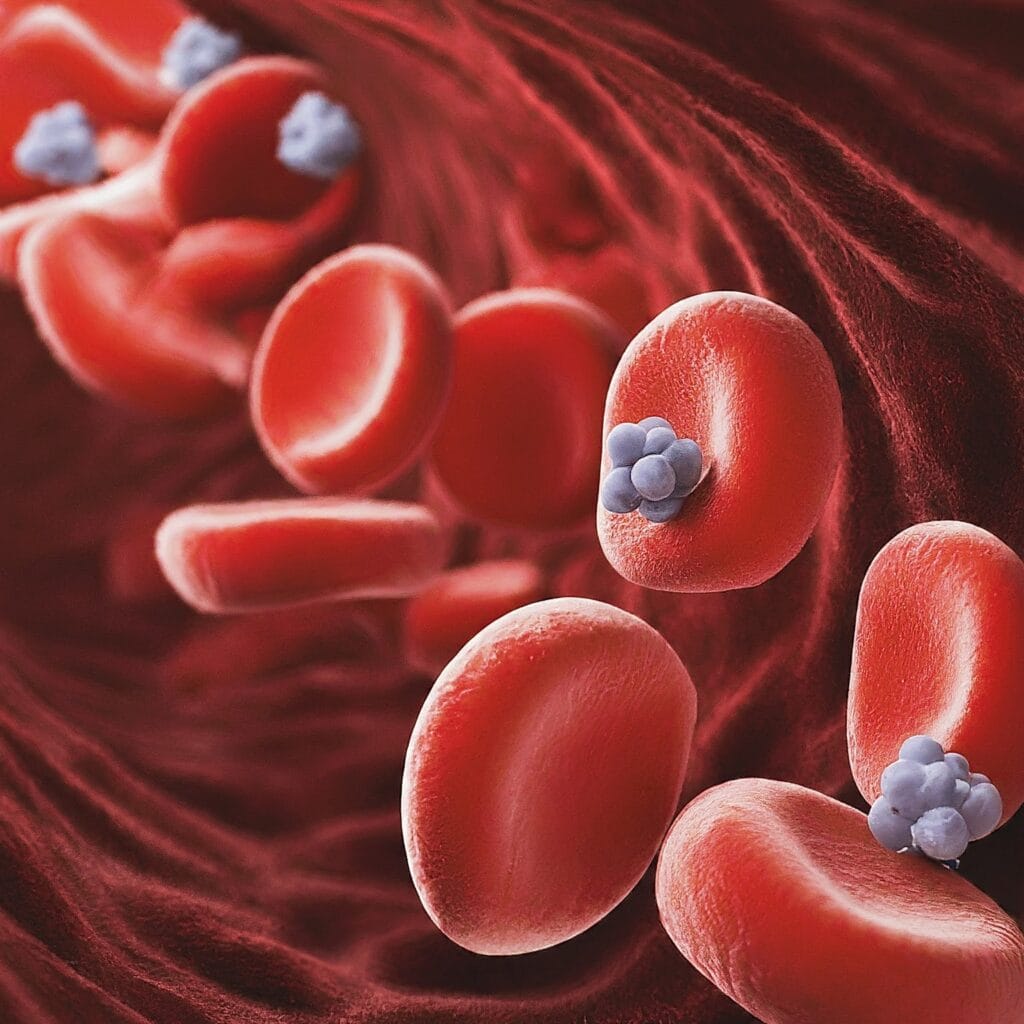Oxygen: The Breath of Life
Oxygen is an essential element for all living organisms, playing a critical role in various bodily functions. It’s like the fuel that keeps our engine running, allowing us to convert food into energy, maintain vital organs, and fight off infections. Let’s delve deeper into the amazing benefits of oxygen and how we can maintain optimal levels in our bodies.
The Vital Role of Oxygen:

Energy Production: Oxygen is the key ingredient in cellular respiration, the process by which our cells convert glucose (sugar) into energy, powering everything from muscle movement to brain activity. Without sufficient oxygen, our cells would switch to inefficient energy production methods, leading to fatigue, weakness, and organ damage.
- Organ Function: Every organ in the body relies on oxygen for proper function. The heart needs it to pump blood, the brain for thinking and memory, the lungs for breathing, and the kidneys for filtering waste. Even our immune system requires oxygen to fight off infections and heal wounds.
- Metabolism: Oxygen is involved in various metabolic processes, including breaking down toxins and regulating body temperature. It also helps maintain healthy blood sugar levels and prevents the buildup of harmful substances.
Benefits of Maintaining Optimal Oxygen Levels:
- Increased Energy Levels: When your body has enough oxygen, you feel more energized and can perform physical activities more efficiently.
- Improved Mental Clarity: Adequate oxygen supply to the brain enhances focus, concentration, and cognitive function.
- Stronger Immune System: Oxygen helps white blood cells function effectively, boosting your body’s ability to fight off infections and diseases.
- Faster Recovery: Proper oxygenation promotes tissue repair and healing after injuries or surgery.
- Better Sleep Quality: Sufficient oxygen intake during sleep ensures restful sleep and improves overall sleep quality.
Maintaining Optimal Oxygen Levels:
- Exercise Regularly: Engaging in regular physical activity, such as brisk walking, swimming, or cycling, strengthens your heart and lungs, improving oxygen delivery to your cells.
- Breath Deeply: Practice deep breathing exercises to increase lung capacity and maximize oxygen intake.
- Stay Hydrated: Drinking plenty of water helps your blood flow smoothly and transport oxygen efficiently throughout your body.
- Eat a Healthy Diet: Consume nutrient-rich foods, especially fruits, vegetables, and whole grains, which provide your body with the fuel and vitamins needed for optimal oxygen utilization.
- Avoid Smoking and Secondhand Smoke: Smoking significantly reduces oxygen levels in the blood and damages lung tissue, impacting your ability to breathe effectively.
- Manage Stress: Chronic stress can lead to shallow breathing and decreased oxygen intake. Practice relaxation techniques like yoga or meditation to manage stress effectively.
By incorporating these tips into your lifestyle, you can ensure your body receives the oxygen it needs to function optimally, leading to a healthier and more vibrant life.
Remember, oxygen is more than just air; it’s the fuel that keeps us alive and thriving!










